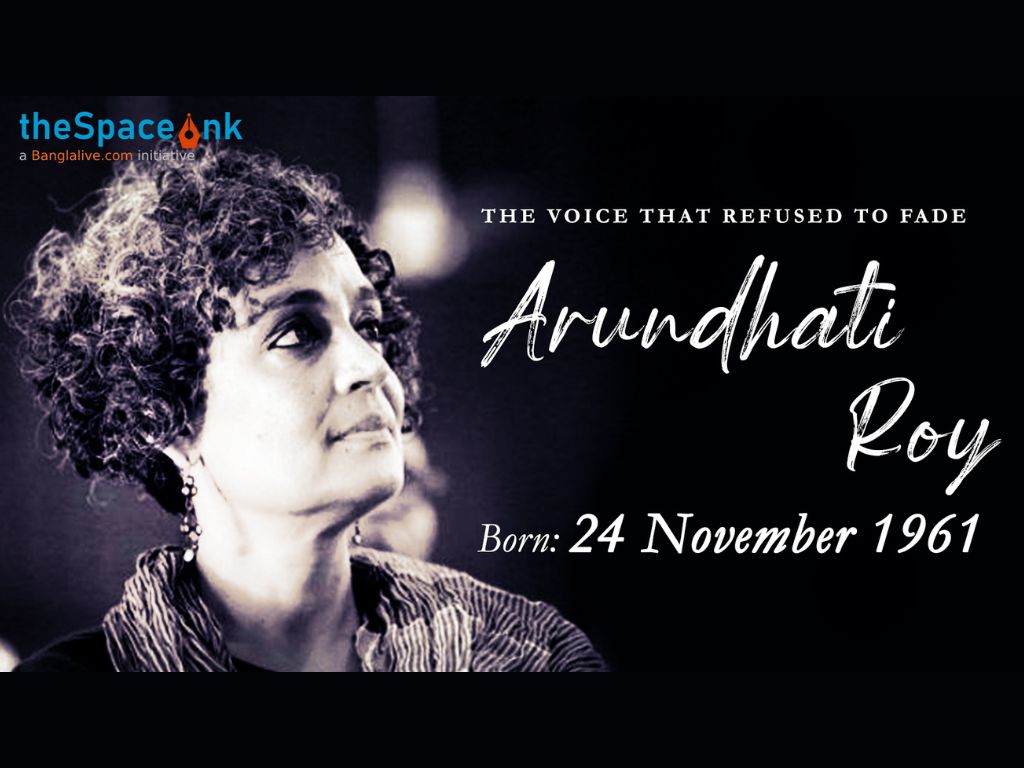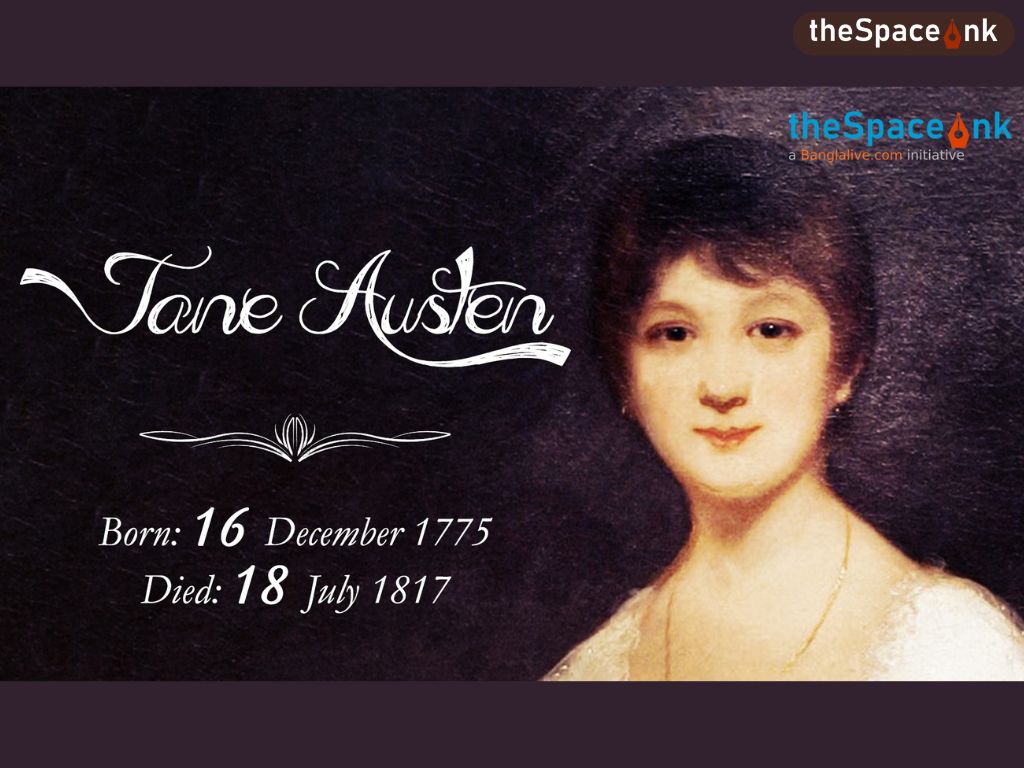(Arundhati Roy)
Arundhati Roy is a writer who refuses to be silent. Born in Shillong, India, in 1961, she rose to global prominence as both a novelist and an unflinching political voice. Over the years, her words have transcended literature, shaping debates about justice, inequality, and freedom.
Her beginnings were unconventional. Raised in Kerala by a single mother, Arundhati Roy grew up amid stories, nature, and rebellion. The complexities of her childhood—marked by both struggle and imagination—would later echo through her writing.
Her first novel changed everything. The God of Small Things, published in 1997, won the Booker Prize and catapulted her to international fame. Set in Ayemenem, Kerala, the novel tells the tragic tale of twins Estha and Rahel, revealing how caste, love, and power intertwine in quiet yet devastating ways.
The book was lyrical and radical. It broke narrative conventions, moved between timeframes, and infused English with the rhythm of Malayalam speech. Roy’s language wasn’t just beautiful—it was defiant, refusing to fit neatly into Western literary molds.
Video: The Queen of Mystery – Agatha Christie
Fame, however, didn’t tame her. Instead of basking in literary success, Arundhati Roy turned toward activism. She began to write about issues that shook India—environmental destruction, state violence, and the hidden costs of so-called progress.
She became a dissenter in print. Her essays, such as The Greater Common Good and An Ordinary Person’s Guide to Empire, exposed the dark underbelly of globalization and militarism. She questioned the morality of nuclear power, mega-dams, and wars fought in the name of development.
Controversy followed her everywhere. Roy faced legal challenges, censorship, and personal attacks for speaking against the establishment. Yet she never softened her tone, insisting that writers have a duty to bear witness to injustice.
Then came her return to fiction. Two decades after her first novel, she released The Ministry of Utmost Happiness in 2017. It was sprawling, poetic, and political—an epic journey through modern India’s fractured soul, told through marginalized lives.
Video: Remembering Virginia Woolf’s A Room of One’s Own
Her fiction and activism now coexist. Roy doesn’t see them as separate worlds. Both forms, she says, are driven by curiosity and compassion—by the desire to understand how power works and how ordinary people endure it.
Her voice is global, but rooted in India. From Kashmir to the forests of Central India, her essays amplify those silenced by state and corporate power. In her, literature and resistance merge seamlessly.
Her influence is undeniable. Writers, students, and activists worldwide read her not just for beauty, but for courage. She reminds us that art can be an act of defiance—and that language itself can challenge empires.
Arundhati Roy remains a rare figure. She’s a novelist, a rebel, a chronicler of dissent. And as the world grows louder with propaganda and silence, her words still urge us to ask: Whose story is being told—and at what cost?








